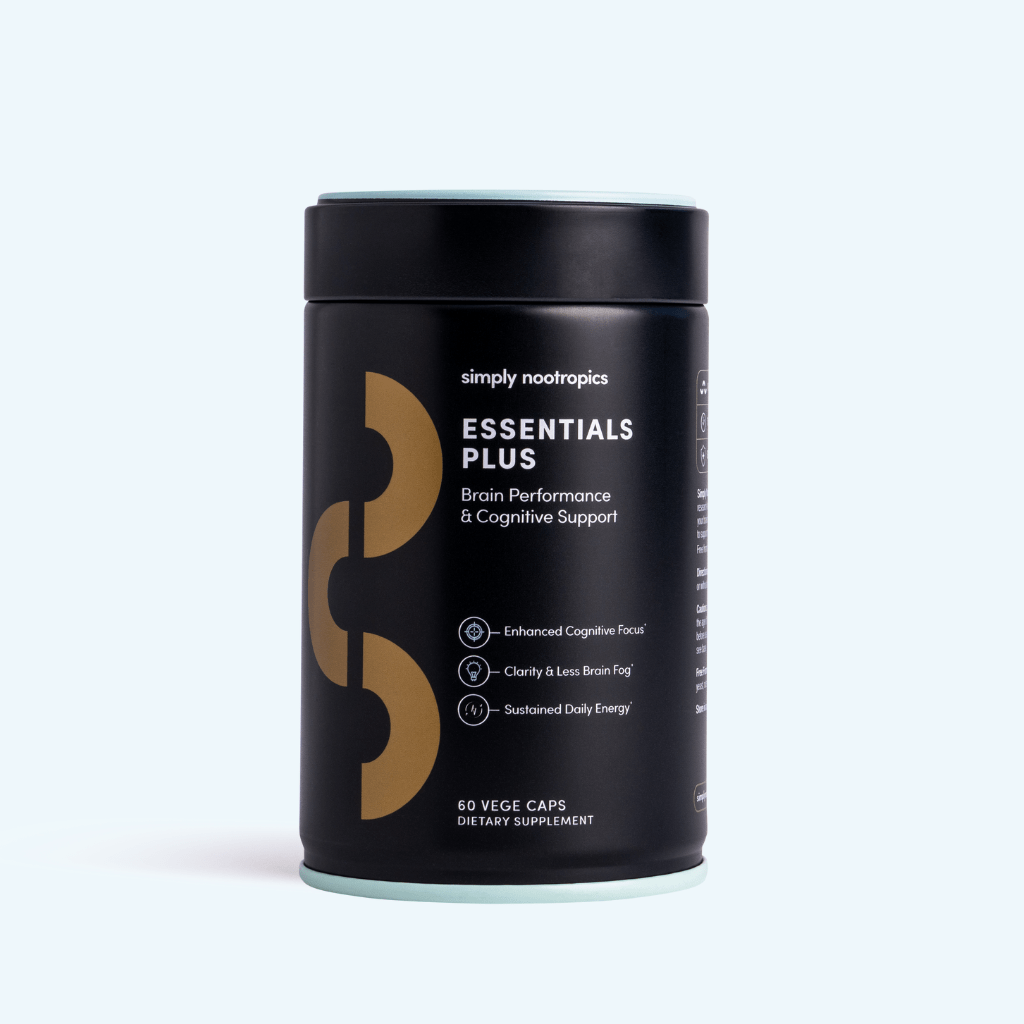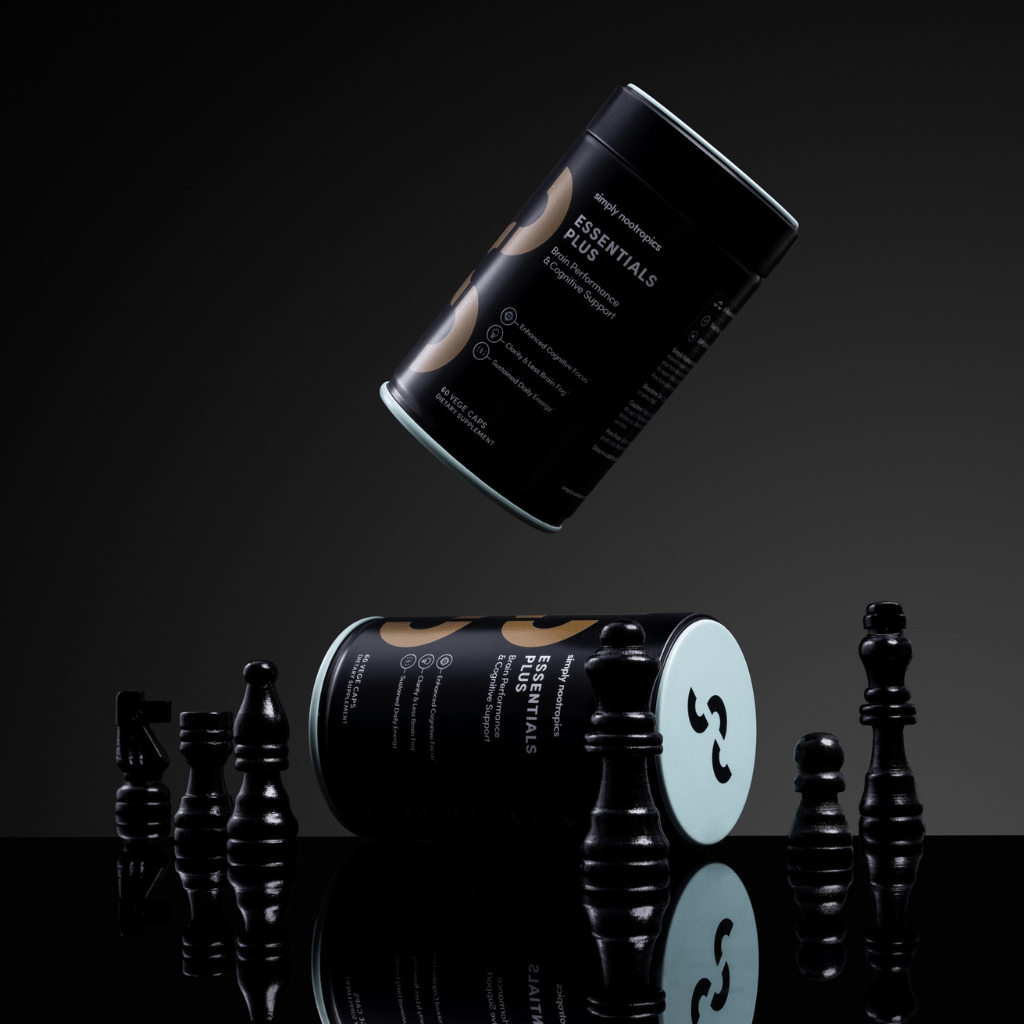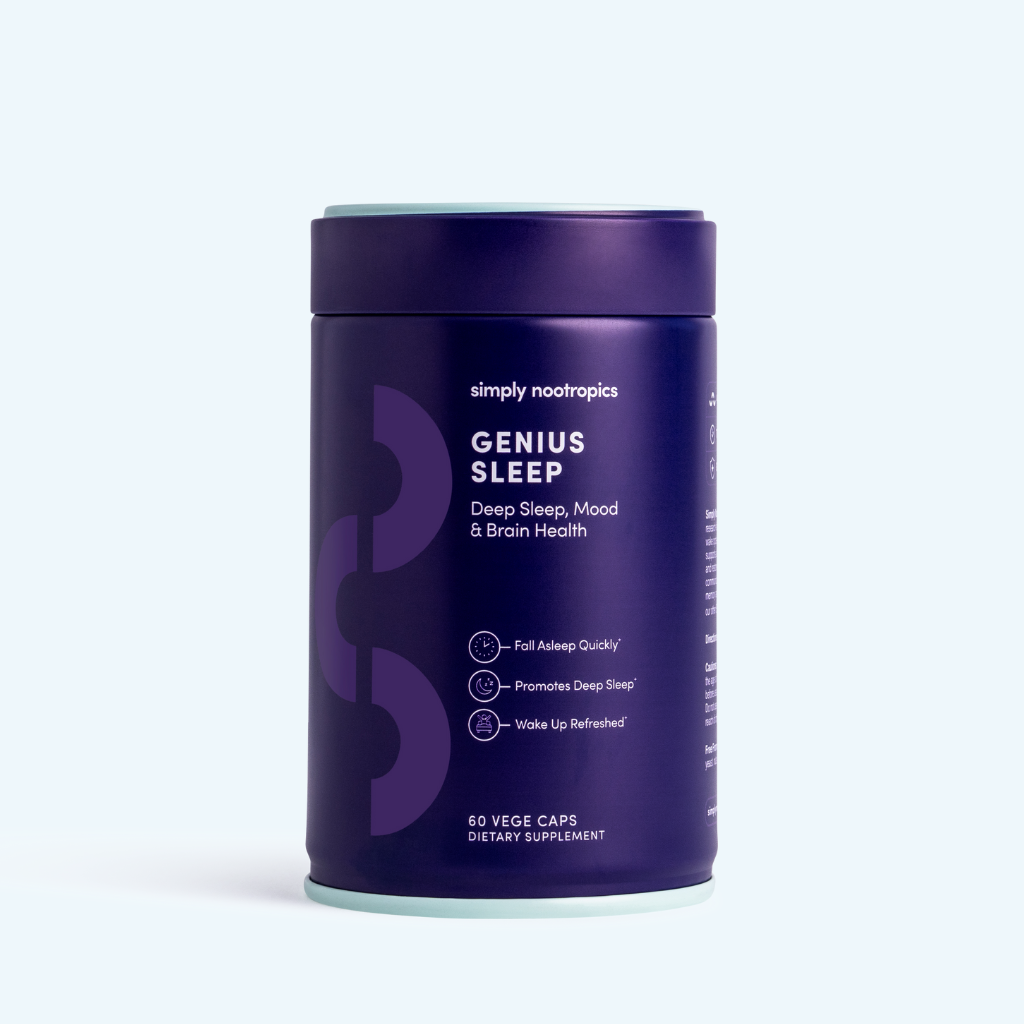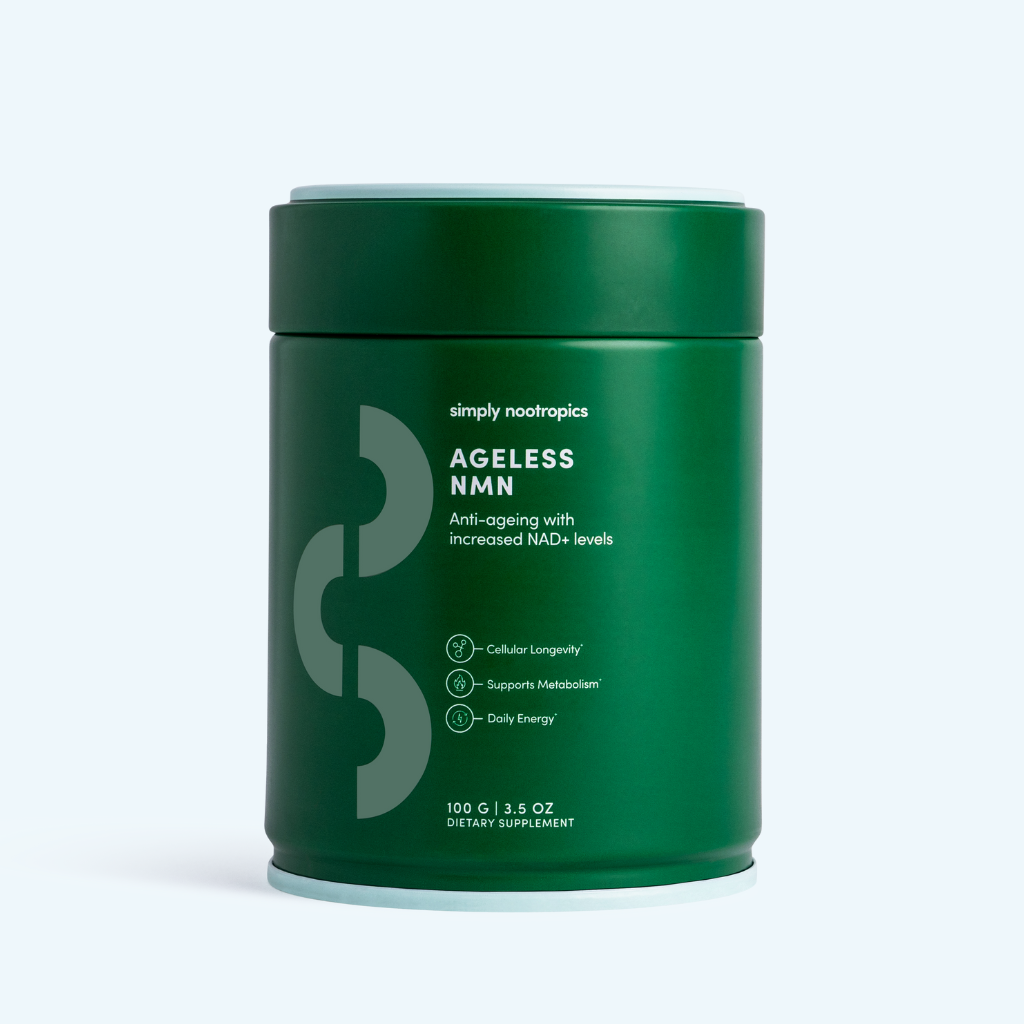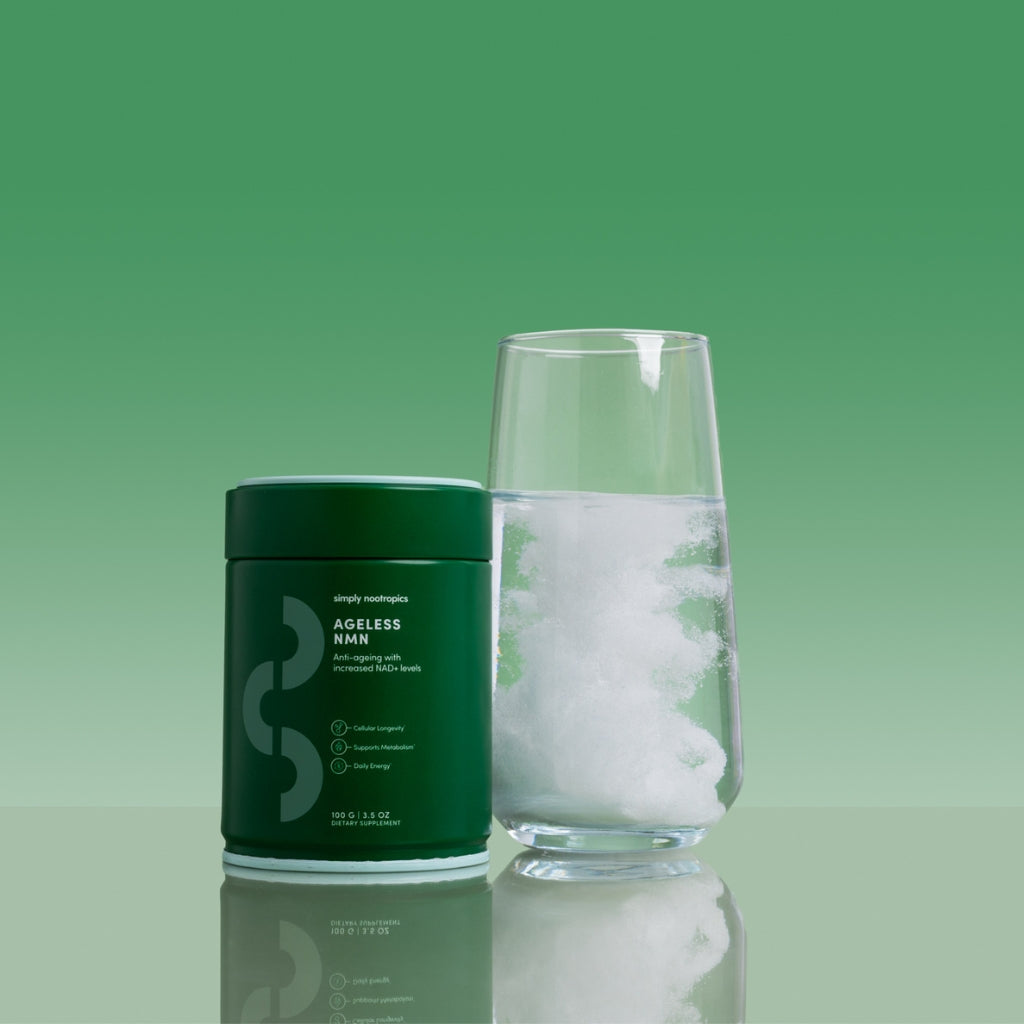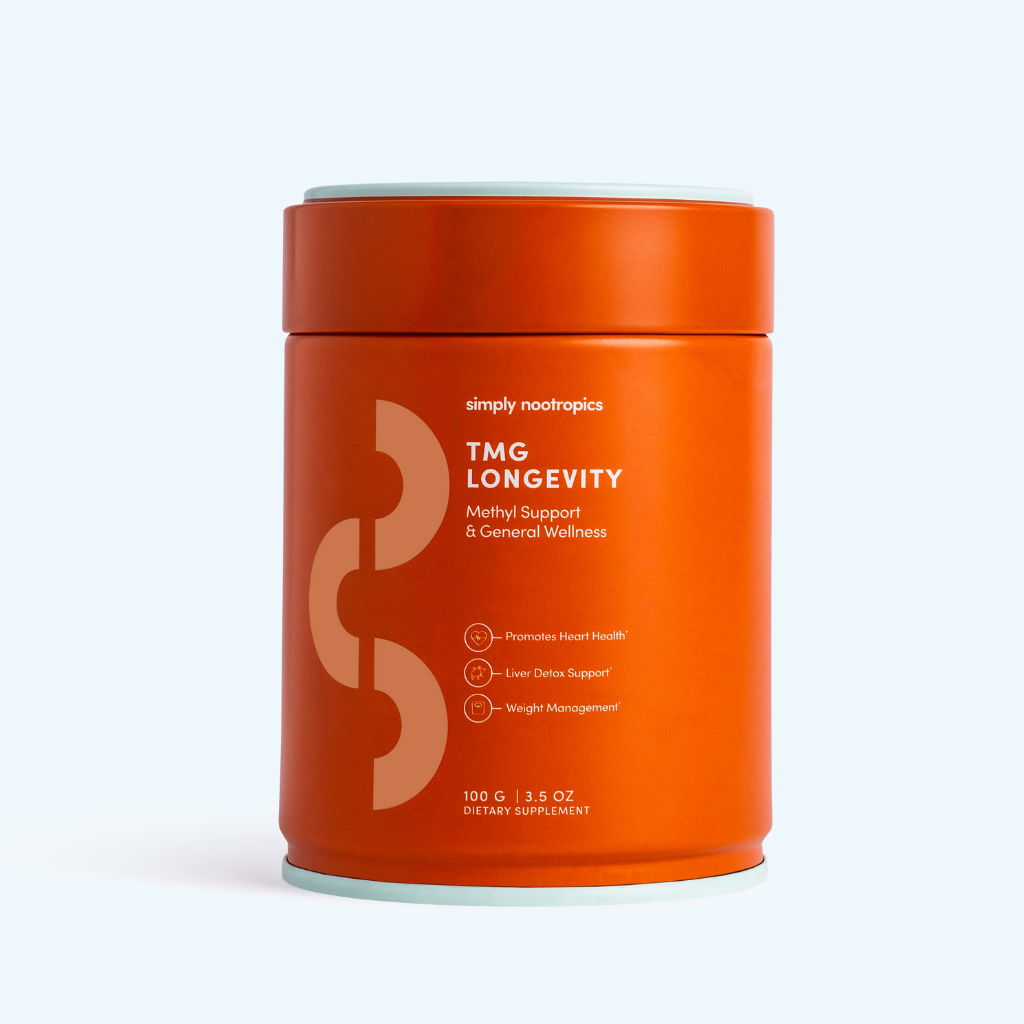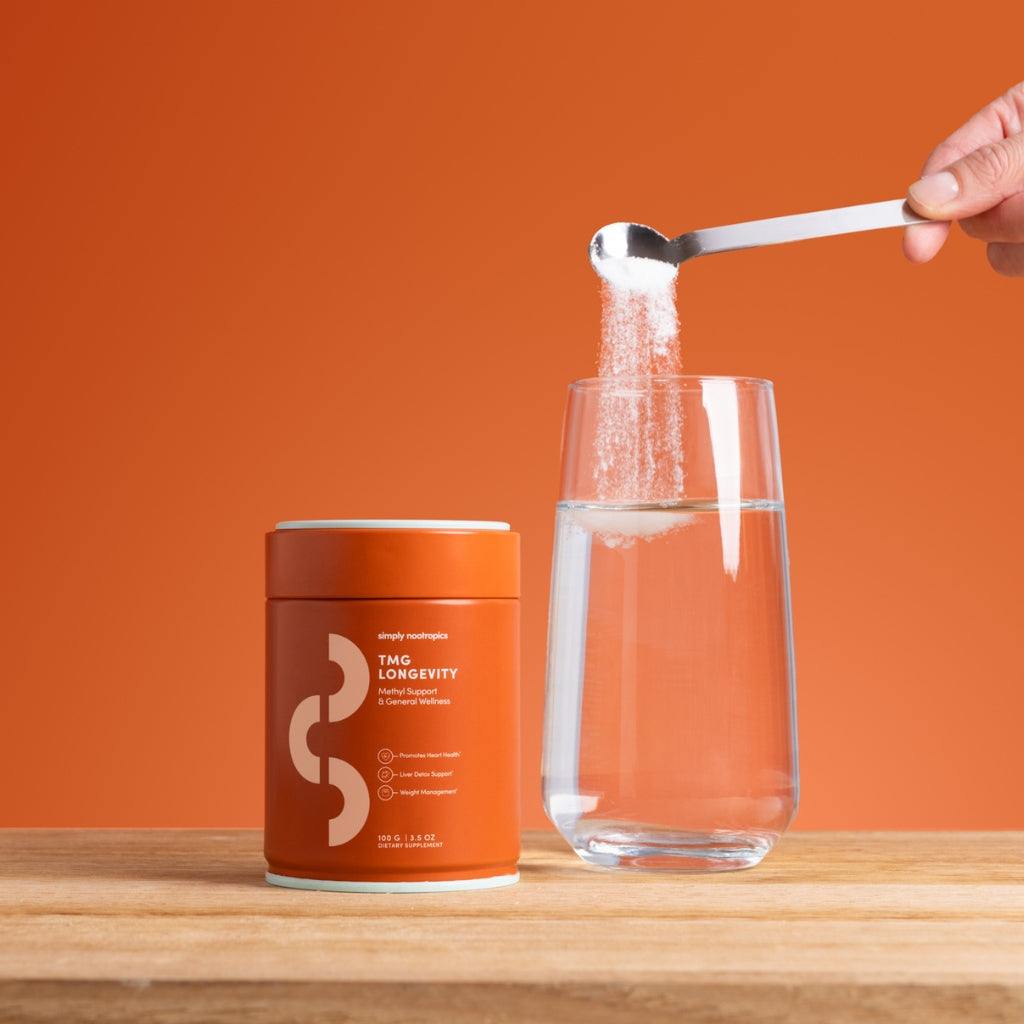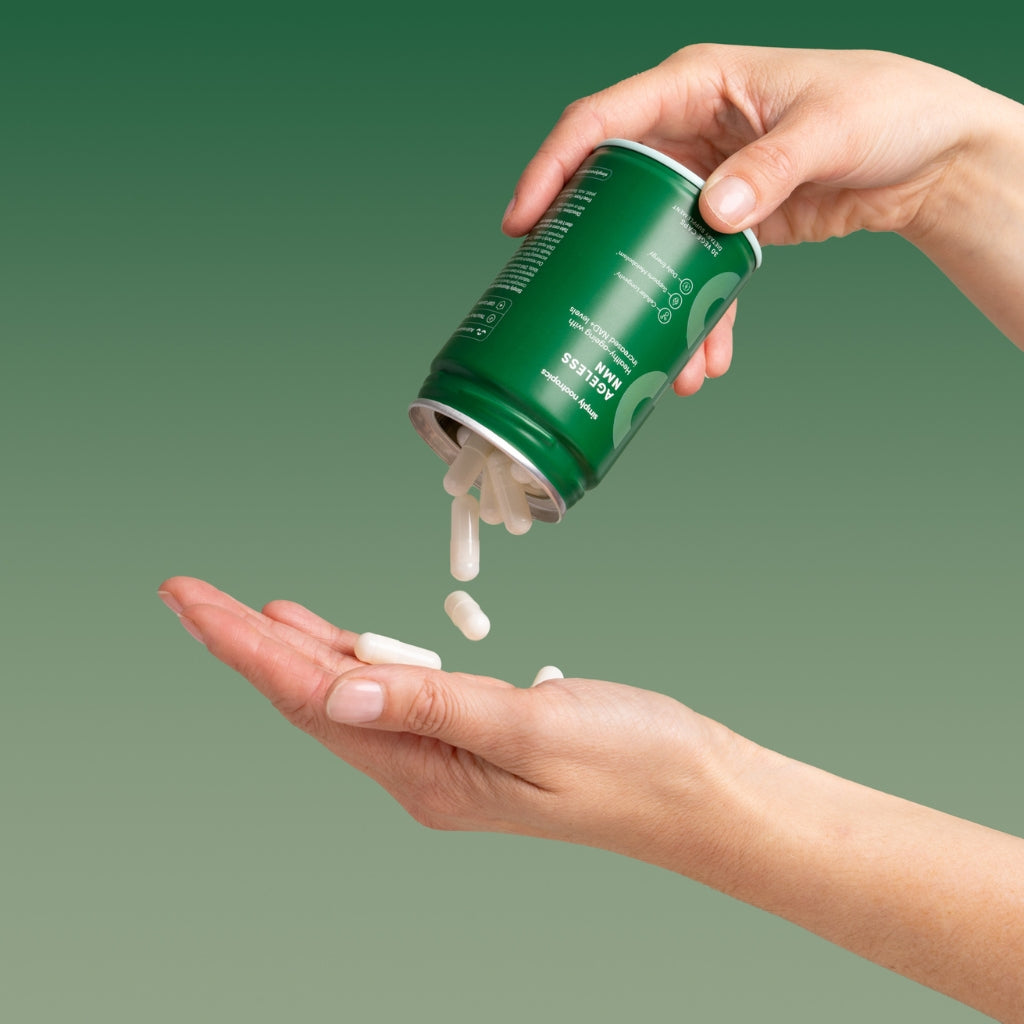Did you know that playing tennis can actually make you smarter? It's true—research shows that the fast-paced, strategic nature of tennis can improve cognitive function by challenging both your body and brain. This is just one example of how physical activity can benefit cognitive health. The connection between physical activity and cognitive health is very well-documented by scientific research, which affirms that regular exercise can reduce the risk of developing dementia by about 28%.
Getting to the science, we’ll explain how this relationship works through several key mechanisms, as physical activity stimulates neurogenesis, improves cerebral blood flow, reduces inflammation, and combats oxidative stress. All these processes help improve cognitive function and prevent decline. And the good news is that it’s not just tennis, but all sports that offer these benefits.
How Does Physical Activity Boost Cognitive Health?
Neurogenesis and Brain Plasticity
Did you know that physical activity can help your brain grow new cells? This process is called neurogenesis, and it's largely supported by a protein called brain-derived neurotrophic factor (BDNF). Regular exercise boosts levels of BDNF, which helps your brain adapt and stay resilient. This adaptability, known as adaptive neuroplasticity, is crucial for learning, memory, and overall cognitive health - we talked more about it in this article.
Improved Cerebral Blood Flow
Your brain needs a steady supply of oxygen and nutrients to function well, and good blood flow is essential for this. Physical activity improves heart and blood vessel health, ensuring better blood flow to the brain. This enhanced circulation helps improve cognitive function and prevent neurodegenerative diseases.
Reduction of Inflammation and Oxidative Stress
Chronic inflammation and oxidative stress can also lead to cognitive decline. Fortunately, physical activity for older adults helps reduce these harmful effects by lowering inflammation and increasing antioxidant defences, which protect brain cells and support overall cognitive health.
Physical Activity for Cognitive Health
- Aerobic Exercise
Activities like walking, jogging, swimming, and cycling are fantastic for your heart and brain. Studies show that this type of physical activity for older adults lowers the risk of dementia and makes them perform better on cognitive tests.
- Strength Training
Lifting weights and doing bodyweight exercises aren't just good for your muscles—they're great for an ageing brain too. Strength training boosts levels of brain-derived neurotrophic factor (BDNF), a protein that supports the growth and survival of neurons, and improves brain plasticity, enhancing memory and executive functions.
- Balance and Flexibility Exercises
Yoga and tai chi not only improve your balance and flexibility but also incorporate mindfulness and meditation, reducing stress and boosting cognitive function, which are particularly beneficial for elderly people.
- Dance
Dancing is a fun way to combine physical movement with social interaction and mental challenges. Learning new dance steps and routines can significantly improve cognitive function and help delay dementia.
Cutting-Edge Approaches: VR Fitness for Older Adults
Modern times give us modern solutions to some issues that were deemed impossible to solve, like age-related cognitive decline. For example, we have Virtual reality (VR) fitness programs, which offer immersive experiences that benefit both physical and cognitive health. Platforms like NeuroVR let seniors participate in activities that challenge their bodies and minds by using VR headsets and motion controllers. This way, users can enjoy virtual hiking, dancing, and games that improve memory and spatial awareness, making exercise even more enjoyable and beneficial, especially for elderly people.
Benefits of VR Fitness
- Enhanced Engagement: Traditional exercises can sometimes become monotonous, but VR fitness keeps users engaged by providing new and exciting virtual environments. This engagement can lead to more consistent exercise routines, which are very important for cognitive enhancement.
- Memory Improvement: Many VR fitness programs incorporate memory games and activities that require users to remember sequences, routes, or specific movements. This constant mental challenge helps improve both short-term and long-term memory.
- Spatial Awareness: Navigating through virtual worlds requires good spatial awareness and coordination. Regularly engaging in these activities can enhance a user’s ability to understand and remember spatial relationships, which helps improve cognitive function.
- Stress Reduction: VR fitness can also include calming environments and mindfulness exercises, such as virtual yoga or meditation in serene settings. These activities help reduce stress, which is known to have a negative impact on cognitive health.
- Social Interaction: Many VR platforms offer multiplayer options, allowing users to exercise and play games with others, regardless of physical distance. This social interaction is important for mental health and can help fight feelings of isolation, especially for elderly people.
Practical Tips for Incorporating Physical Activity into Daily Life
Start Slow and Build Up
Begin with low-intensity exercises and gradually increase the duration and intensity to prevent injuries and ensure you can keep exercising for longer.
Incorporate a Variety of Activities
Mixing different types of exercises—like aerobic, strength, balance, and flexibility—can keep things interesting and lead to cognitive enhancement.
Use Technology to Stay Motivated
As we mentioned earlier, technology is your friend: Fitness trackers, apps, and VR programs can help you monitor progress, set goals, and stay motivated. These tools provide immediate feedback and make exercise more engaging for elderly people.
Socialise and Stay Engaged
Joining group exercise classes, dance clubs, or walking groups adds a social element to physical activity, which is also crucial for cognitive enhancement. Socialising can enhance motivation and provide additional cognitive stimulation.
As research continues to highlight the connection between physical activity and cognitive enhancement, it's clear that staying active is essential for a healthy, independent life in older age. Modern tech like VR fitness can make workouts more fun and effective, and adding supplements like Simply Nootropics NMN can further boost brain health and overall well-being. By blending these innovative tools and beneficial supplements, older adults can keep their minds sharp and enjoy a vibrant, high-quality life.


